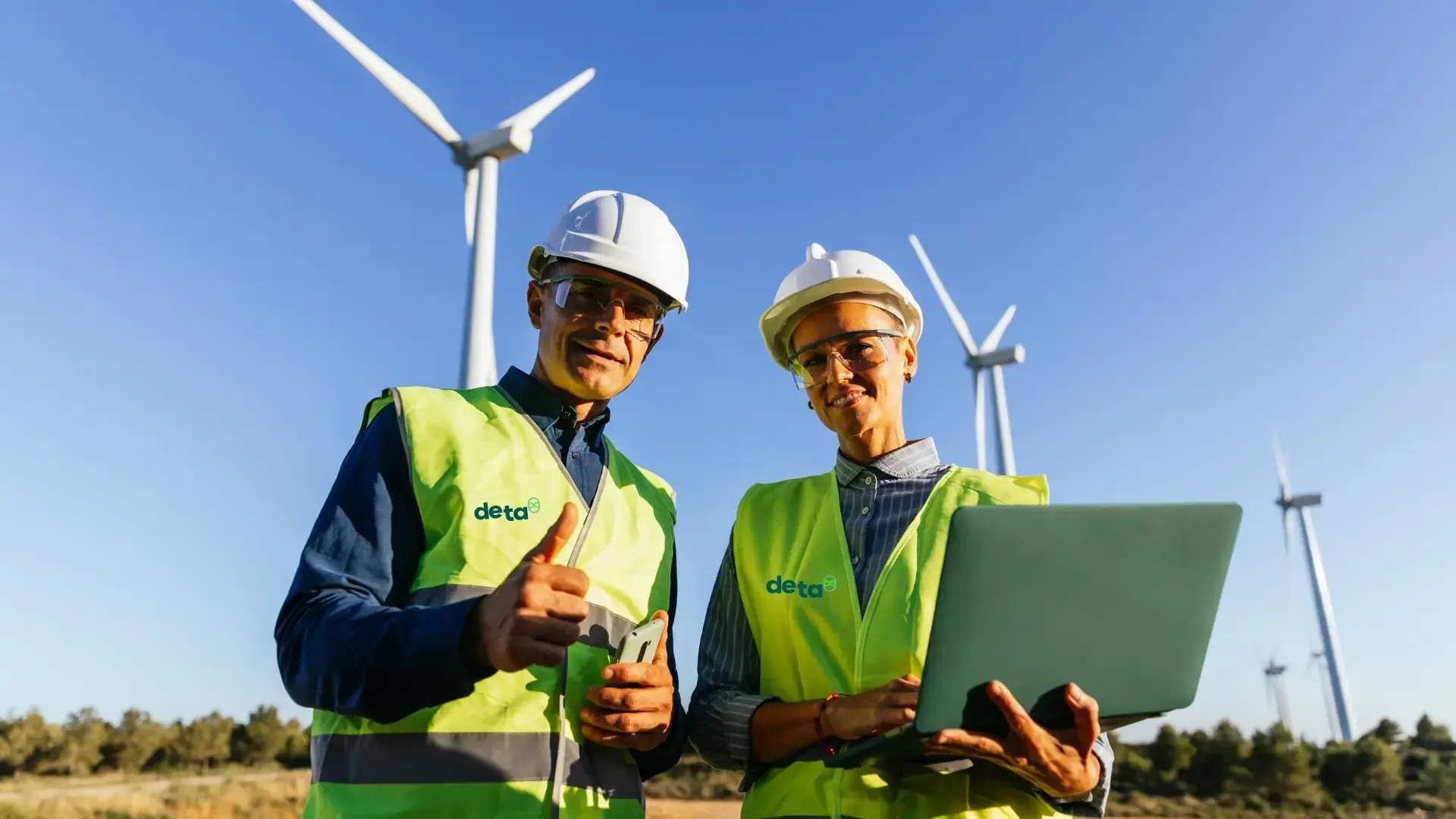The energy equation: why businesses turn to energy consultants for solutions
The relationship between business and sustainability historically was problematic, to say the least. With weak or non-existent regulatory frameworks, companies operated with neither transparency nor accountability for the environmental impact they caused. For decades, industrial and business practices were fuelled by profit and efficiency at the expense of environmental health. Factories freely emitted pollutants into the air and water, massive scale deforestation occurred to make way for industrial expansion, and non-renewable resources were consumed with little or no regard for future consequences. This unchecked industrial growth led us to where we are today with significant climate change, ecological degradation, loss of biodiversity, and widespread pollution.
Thankfully times have changed somewhat. There has been a 180-degree shift in how many businesses and organisations perceive and cooperate with green issues. Unprecedented storms and floods, droughts, bush fires and frequent heatwaves have heightened the urgency of the climate situation. Inaction is no longer an option. Energy management and sustainability has moved to the top of the agenda in boardrooms across the globe as they embrace corporate social responsibility and lean towards integrating greener practices into operations, this is due to:
· Growing public awareness
· Improving brand image reputation which gives the competitive edge
· Legal and financial consequences to breaches of stricter environmental regulations
· Acceptance that long-term economic stability is reliant on the health of our planet.
· Tax benefits
· Minimises costs while increasing productivity
· Attractive to investors and employees
· Improves employee retention
· Reduced waste which saves money
The relationship between the business and sustainability is now co-dependent. Yet, with a multitude of technologies, suppliers, and funding options available, many organisations do not know where to start or are worried about making the wrong decision for their needs.

The new era of sustainability consulting services
People tend to have more knowledge and access to information about their domestic energy usage and how to save money than they do in a business context. Yet energy efficiency is a crucial part of running a business successfully. Sustainability and energy management is both a crucial business imperative and a strategic responsibility. Learning how to incorporate it into operations boosts efficiency, fosters innovation, and enhances your brand, all while promoting growth and reducing environmental impact. Many businesses have complex operations and energy usage, some already have sustainability objectives and goals but are unclear about how to achieve them.
This is where energy consultants enter the room.
What is an energy consultant?
An energy consultant provides expert advice on energy optimisation and efficiency through sustainable practices with the focus being on reducing costs. Their role includes conducting energy audits, recommending improvements, and developing long-term energy strategies to enhance both operational efficiency and environmental responsibility.
An energy consultant visits sites, collates data for analysis and reviews the energy profile of the business to identify the opportunities for improvement. This approach enables bespoke carbon strategies and a carbon roadmap to be devised to yield the most value and competitive advantage. A carbon management strategy is an actionable plan with realistic targets and practical solutions. You can download DETA’s helpful decarbonisation guide by clicking here.

Hiring an energy consultant is a transformative decision for businesses, bringing numerous benefits and long-term advantages:
Expertise and specialist energy management knowledge
Energy consultants possess in-depth knowledge of the energy sector, including the latest technologies, regulatory requirements, and market trends. They are often part of a multi-disciplinary team who can overcome the most complex of challenges and ensure the business remains compliant with current regulations but also positioned to be agile to emerging trends and technologies.
Achieve maximum cost savings and energy efficiency
One of the primary benefits of hiring an energy consultant is the potential for significant cost savings. Consultants conduct comprehensive energy audits to identify inefficiencies and propose cost-effective solutions. These might include upgrading equipment, optimising energy use, and implementing renewable energy sources. By reducing energy consumption and enhancing efficiency, businesses can lower their utility bills significantly and reduce operational costs, freeing up resources for other business critical areas.
Sustainability and corporate responsibility
Environmental responsibility is increasingly important, energy consultants help businesses develop and implement sustainability strategies to reduce the environmental impact but also enhances the company’s reputation.
Consumers and stakeholders increasingly value sustainability and green credentials. Businesses that demonstrate a commitment to green practices attract more customers and investors. Energy consultants also assist in helping businesses achieve certifications which further solidifies a company’s commitment to sustainability.

Risk management and compliance
Energy regulations and standards are complex. An energy consultant helps mitigate risks associated with non-compliance, such as fines and legal issues. It’s crucial to stay abreast of changes in the regulatory environment, Energy Efficiency Consultants provide appropriate advice and make the necessary adjustments to energy strategies to remain compliant.
Technological advancements in energy efficiency
Energy consultants bring insights into the latest technological advancements to improve efficiency but also to future-proof the business against energy supply fluctuations and price volatility in the energy sector.
Long-term strategic planning
Consultants work with companies to develop comprehensive energy plans include short-term actions and long-term strategies for energy efficiency, sustainability, and cost management. This is business gold; by having a defined carbon management strategy, energy expenditure is predictable and contributes to overall financial stability.
Improved competitive advantage
Incorporating energy efficiency and sustainability into business operations provides a significant advantage in markets where consumers, stakeholders and partners increasingly value environmental responsibility and cost efficiency.
Increased employee morale and productivity
Energy consultants help create a more sustainable workplace. Workers typically feel more engaged and motivated when they are part of an organisation that values our planet and takes environmental responsibility. With increased job satisfaction comes an increase in productivity. Happy employees are a business's most valuable asset, and their satisfaction results in higher staff retention rates. This not only reduces recruitment and training costs but also ensures your teams remain highly skilled and experienced.
You may have read this article thinking it sounds great, but what about the cost of sustainability services, but a large investment and an all-singing-all-dancing energy saving project is not a mandatory result of hiring an energy consultant in Australia or New Zealand. For example, steam escaping from a pipe can be rerouted for heat to maximise efficiency. Energy consultants focus on making energy efficiency recommendations within budget that can be seamlessly woven into core operations and save you money at the same time.
We are currently delivering energy efficiency projects across Aotearoa New Zealand, Australia, and the Pacific. If you would like to explore how our energy efficiency services can help your business, please do get in touch with our energy management teams in Australia and New Zealand offices.





